COVID-19

How are vaccines developed?
The vaccine development process is both highly rigorous and tightly regulated.
No matter what type of vaccine is being developed, researchers and manufacturers must follow specific phases of testing:
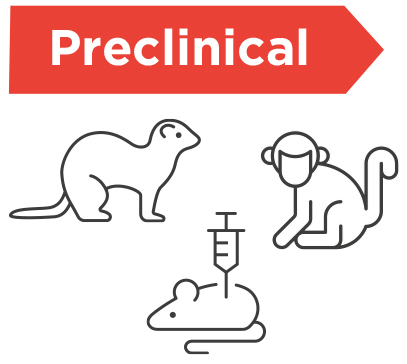
This phase does not involve testing in humans. Instead, the experimental vaccine is tested in animals to determine its safety and its potential to prevent disease. If, during these tests, the vaccine successfully triggers an appropriate immune response, the research then moves into human clinical trials.
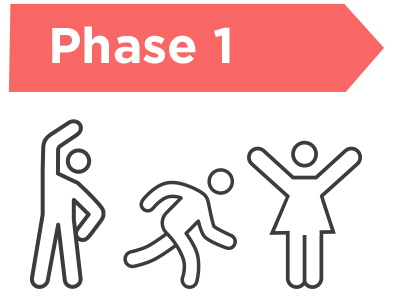
Phase 1 clinical trials involve a small number of healthy volunteers who are given the vaccine and then closely monitored. This phase of testing is used to determine the vaccine's ability to trigger an immune response in humans and its safety.
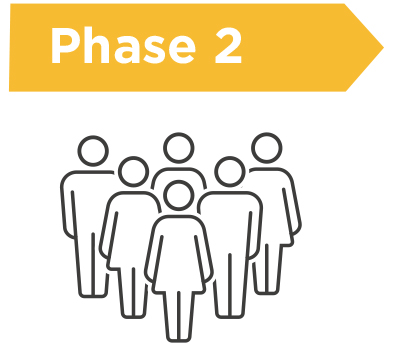
Phase 2 clinical trials involve a larger group of volunteers (hundreds instead of dozens), usually including representatives from the target population (age, sex, health status) for which the vaccine is intended. This phase of testing is used to determine the appropriate vaccine dosage and to further assess its safety.
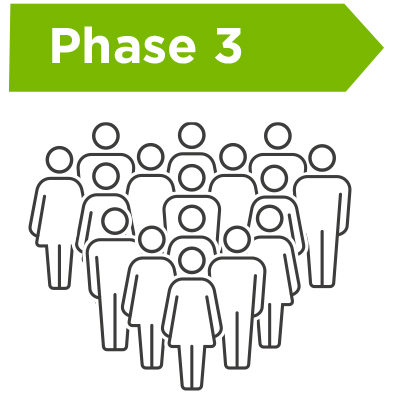
Phase 3 clinical trials involve thousands of volunteers. This phase of testing is used to determine how effective the vaccine is (whether it successfully prevents the disease it was intended to prevent—and, if so, in what percentage of volunteers) and to assess its safety in larger and more variable groups of people.

When the clinical trial results become available, additional steps are required before the vaccine can be approved for use as part of an immunization program. In Canada, Health Canada must evaluate the data from clinical trials before it will authorize the sale or use of the vaccine anywhere in the country. If a vaccine candidate does not meet Health Canada's standards, it will not be approved.
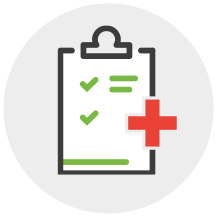
Even if the vaccine does get approved and authorized for use in Canada, it is constantly monitored for quality, safety, and effectiveness (a process called "post-market surveillance").
Additional information
You may also be interested in:
- Date modified: